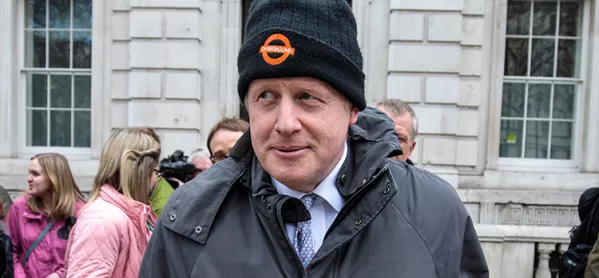Before we start, it’s worth stating the bleeding obvious. Whichever Tory replaces Theresa May later this summer will inherit a minority government focussed almost exclusively on Brexit, will be completely distracted from domestic policy and will have just about no ability to pass legislation, especially anything contentious.
Nonetheless the new PM will be keen to project a vision for the country beyond Brexit. The current omnishambles might stand as a barrier to any of this agenda becoming concrete in the short-term, but it will be a pointer to what will be in the Conservative manifesto for the (surely sooner than later) general election.
The big news for schools is that there’s every chance this “vision” will include plans (a la May in 2016) to promote a swathe of new grammar schools across the country.
Boris Johnson - the out and out favourite - has never been shy in his support for the 11-plus, and second favourite, Dominic Raab, himself a grammar school boy, made selection a cornerstone of his oft-quoted “Meritocrat’s Manifesto” in 2014.
May’s policy of changing the law to allow for a raft of new selective schools was killed off by the botched election of 2017, but as I have written before, she didn’t lose because of the policy. Indeed, the mere act of making grammar schools a cornerstone of her domestic agenda was a reminder that selection is embedded in the DNA of the Tory party.
Michael Gove and David Cameron’s rejection of selection was an anomaly, not the rule.
Of course, Gove is also very likely to be in the running for the leadership, and there are other candidates (Matt Hancock, for example) that are likely to be more lukewarm on grammars, but they are not the frontrunners.
And as the Tory party veers to the right, pulled away from social liberalism by the wing of the party so obsessed by Brexit, these modernisers are looking increasingly like outsiders.
The saving grace for those inside and outside of Westminster politics determined to defend the comprehensive system is that Boris, Dominic or any other potential leader would have to win an election convincingly if they are to do anything about it.
And that is a very big IF.




